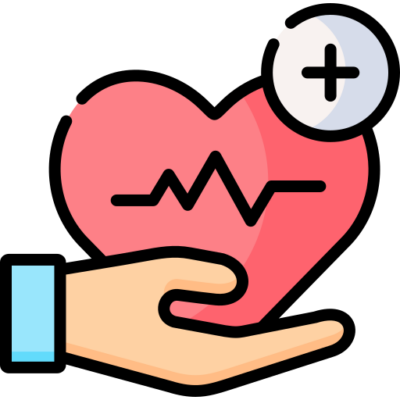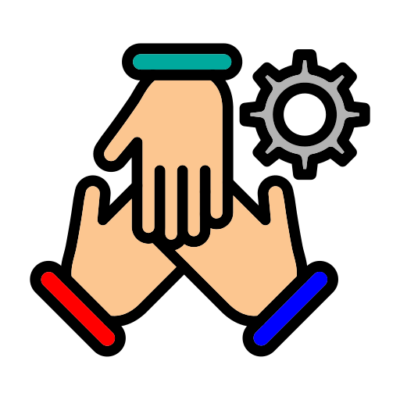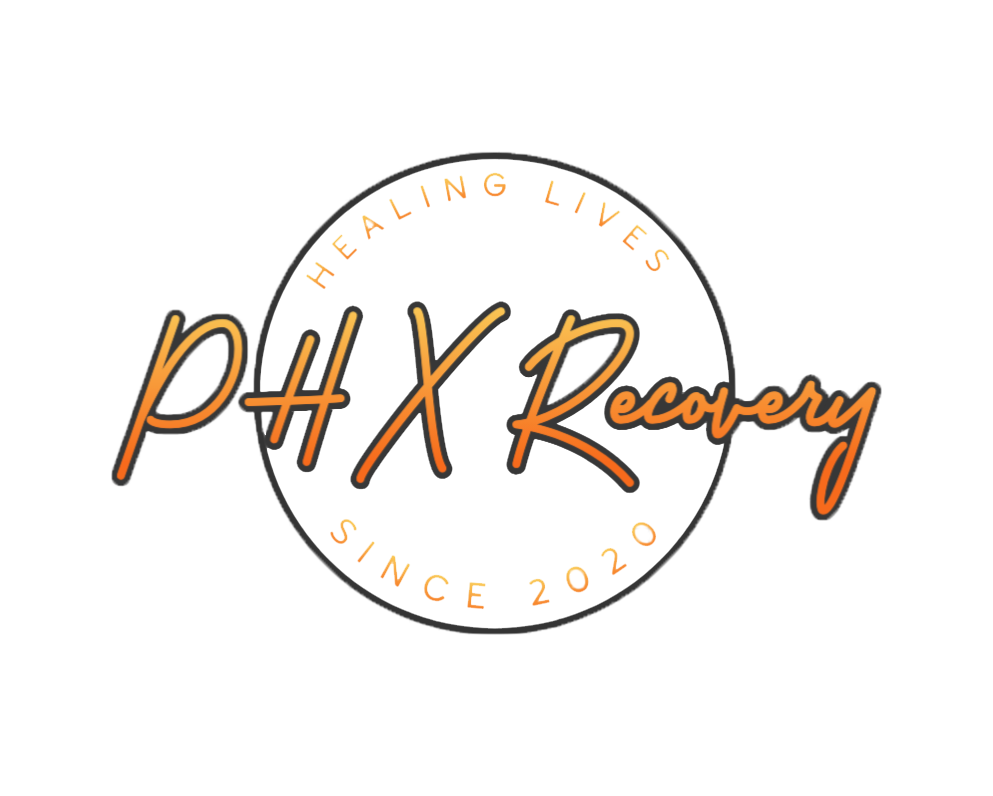What is Borderline Personality?
Borderline Personality Disorder (BPD) is a complex mental health condition characterized by intense emotions, unstable relationships, and a distorted sense of self. Individuals with BPD often experience rapid mood swings and can feel overwhelmed by feelings of anger, depression, and anxiety. These intense emotions can lead to impulsive actions and behaviors, making it difficult for those with the disorder to maintain stable relationships or achieve a consistent sense of identity. Their reality is frequently seen through the lens of their current emotional state, which can shift dramatically from one moment to the next without much external cause.
The symptoms of Borderline Personality Disorder are varied but typically include an intense fear of abandonment, whether real or imagined. This fear often results in frantic efforts to avoid being left alone, which can manifest as clingy behavior in relationships or rapid shifts between idealizing and devaluing others. People with BPD may also experience periods of dissociation—a detachment from themselves or their surroundings—as a coping mechanism during particularly stressful situations. Suicidal threats or behaviors are not uncommon among those struggling with BPD as a way to express deep emotional pain or as an attempt at manipulation within personal relationships. Understanding and managing these symptoms requires professional help and support, as well as patience and compassion from loved ones.
Getting Treatment for Borderline Personality in Tempe
At PHX Recovery in Tempe, individuals struggling with Borderline Personality Disorder (BPD) find a sanctuary that not only understands their unique challenges but also offers a tailored approach to treatment. The journey towards healing and stability is paved with comprehensive therapy sessions, including Dialectical Behavior Therapy (DBT), one of the most effective treatments for BPD. This evidence-based method focuses on teaching patients skills in mindfulness, distress tolerance, emotional regulation, and interpersonal effectiveness, providing them with the tools needed to manage their symptoms and improve their quality of life. The serene environment of Tempe acts as a backdrop to this transformative process, offering peace and a sense of community that fosters recovery.
Moreover, PHX Recovery emphasizes the importance of personalized care plans because every individual’s experience with BPD is unique. By combining individual therapy with group sessions and family involvement when appropriate, patients receive support not only from professionals but also from peers who understand what it’s like to walk in their shoes. This holistic approach extends beyond psychological treatment to include nutritional guidance, physical wellness activities, and mindfulness practices, all designed to help individuals build a balanced and healthy lifestyle. With its dedicated team of experts and compassionate care, PHX Recovery in Tempe stands as a beacon of hope for those seeking to overcome the complexities of Borderline Personality Disorder and reclaim control over their lives.
Detox Program
At PHX Recovery, we recognize the critical nature of the detoxification process as a foundational step towards recovery. Our detox program is meticulously designed to provide not only medical safety but also comfort and support during what can be an extremely challenging time for individuals. We understand that detoxification is more than just a physical cleansing; it's a vital moment of transformation, paving the way for healing and rehabilitation.
more about our services
Trust us at PHX Recovery
When you or a loved one faces challenges, PHX Recovery is here to help

Personalized Approach
At PHX Recovery, our commitment to a personalized approach originates from a deep understanding that each individual’s journey towards recovery is unique. We recognize that the challenges and experiences that lead someone to seek help are as diverse as the individuals themselves.

Operating in Various Locations
At PHX Recovery, we understand the importance of accessibility and convenience when it comes to seeking treatment. That's why we've expanded our reach across various locations in the Phoenix area, ensuring that those in need have access to top-notch recovery services close to home.

Wide Range of Services
At Phoenix Recovery, we pride ourselves on offering a comprehensive suite of recovery services designed to meet the varied needs of our clients. Our wide range of services ensures that every individual who walks through our doors can find the personalized support and care they require on their journey to recovery.
FAQ
We've compiled a list of frequently asked questions to provide clarity on the experience and alleviate any remaining fears or anxieties you might have.
A typical day in addiction rehab involves a structured and supportive environment aimed at promoting physical, mental, and emotional healing. Residents typically wake up early for a healthy breakfast before starting their daily schedule of therapy sessions, group activities, and workshops that address the root causes of their addiction. These may include individual counseling, group therapy, family therapy, exercise classes, educational lectures, and recreational activities. The day is also filled with nutritious meals, breaks for reflection and relaxation, and time for personal reflection through journaling or meditation. In the evening, there may be peer support meetings or 12-step programs to participate in before turning in for the night. Each day at our facilities is carefully planned to provide a well-rounded approach to recovery and help individuals establish healthy habits and coping mechanisms.
Typically, a detox period lasts around five days, though it can span from three to 10 days. The duration of detox is individualized, influenced by factors like the substances used, amounts consumed, duration of use, frequency, and method of administration. These factors collectively determine the necessary length of stay for you or your loved one.
Upon entering addiction treatment, there are certain items that are allowed and encouraged to bring for your comfort and well-being. These may include comfortable and appropriate clothing, personal hygiene products, prescription medications (with proper documentation), and journals or books for personal reflection. However, there are also items that are not allowed in addiction treatment facilities. These typically include any substances, such as drugs or alcohol, as well as weapons and anything that may be considered a distraction from the recovery process. Checking with the facility we've chosen in advance for a detailed list of permitted and banned items is crucial to ensure a seamless transition into treatment.
With Drug Abuse and Addiction, we understand that addiction is often closely tied to mental health issues. That's why our centers for drug abuse and addiction also prioritize addressing underlying mental health concerns. Our team of professionals is equipped to provide support and treatment for a variety of mental health disorders, such as depression, anxiety, PTSD, and more. We believe in a holistic approach to recovery, and this includes addressing both physical and mental health needs. Our admissions team is dedicated to finding the right facility that can offer comprehensive care for all your needs, ensuring a successful recovery journey. We are here to support you every step of the way towards lasting sobriety and improved mental well-being.
Our admissions team at Drug Abuse and Addiction is dedicated to helping you discover the ideal treatment center for your requirements. Selecting a rehab center can be daunting, which is why our team is here. We are committed to assisting you in navigating the process and locating the perfect center for you or your loved one. Comprised of caring and knowledgeable professionals, our admissions team comprehends the intricacies of addiction and the significance of selecting the appropriate treatment. We consider your unique needs, preferences, and any co-occurring conditions to match you with a facility that provides tailored care. You do not have to face this alone – our admissions team is committed to aiding you at every stage toward a successful recovery.
Watching a loved one struggle with addiction can be heartbreaking and overwhelming. You may feel helpless and unsure of how to help them. The first step towards getting your loved one the help they need is to have an open and honest conversation with them about their addiction. Express your concern and offer your support, but also set boundaries and encourage them to seek professional help. It may also be helpful to research treatment options with our team and have resources readily available for your loved one.
Remember to remain patient, understanding, and supportive throughout this process – recovery is a journey and it will take time. With the right approach and support, you can help your loved one find the path to a healthier and happier life free from addiction. So don't hesitate to reach out for guidance and support from our team at Drug Abuse and Addiction. We are here to help you and your loved one every step of the way towards recovery.
No matter how dedicated you are to your recovery journey or how determined you are to maintain sobriety for life, there's a possibility of relapse at some stage. Statistics from the National Institute on Drug Abuse indicate relapse rates during recovery range from 40% to 60%. Post-relapse, it's common to feel shame or remorse. You might even contemplate surrendering to addiction rather than persevering to combat the urge to use. While these feelings are normal, they can pose obstacles to achieving a drug-free life. Instead, view a relapse as a learning opportunity; refine your relapse prevention strategy and identify triggers. By delving into the underlying reasons for the relapse, you'll establish a foundation for a recovery that ensures you come back even stronger.
The initial step involves assessing whether revisiting rehab is necessary. If it was an isolated occurrence and you're dedicated to evaluating or adjusting your recovery plan, returning to an inpatient facility may not be essential. This setting provides the patient with hands-on care and ongoing monitoring. However, falling back into a persistent pattern of substance misuse may indicate the need for reentry into a structured treatment regimen. If conversations about substance use arise, socializing with individuals who encourage drinking, or using substances as a coping mechanism resurface, it signals a more significant issue requiring prompt intervention.
Upon reentering treatment post-relapse, the primary focus should be on reintegrating into daily life. Opting for a sober living environment for a few months post-treatment could be the most effective means to prevent relapse, as accountability and structure aid during the initial vulnerable phase. Additionally, having an outpatient therapy plan in place for ongoing support post-rehab is beneficial.

Verify Your Insurance With Us
Freeing yourself from Addiction doesn't have to be hard. Take the first Step and begin filling out the form, it's the initial phase in achieving a healthy recovery. We offer the necessary guidance and professional care crucial during the early treatment stages.













